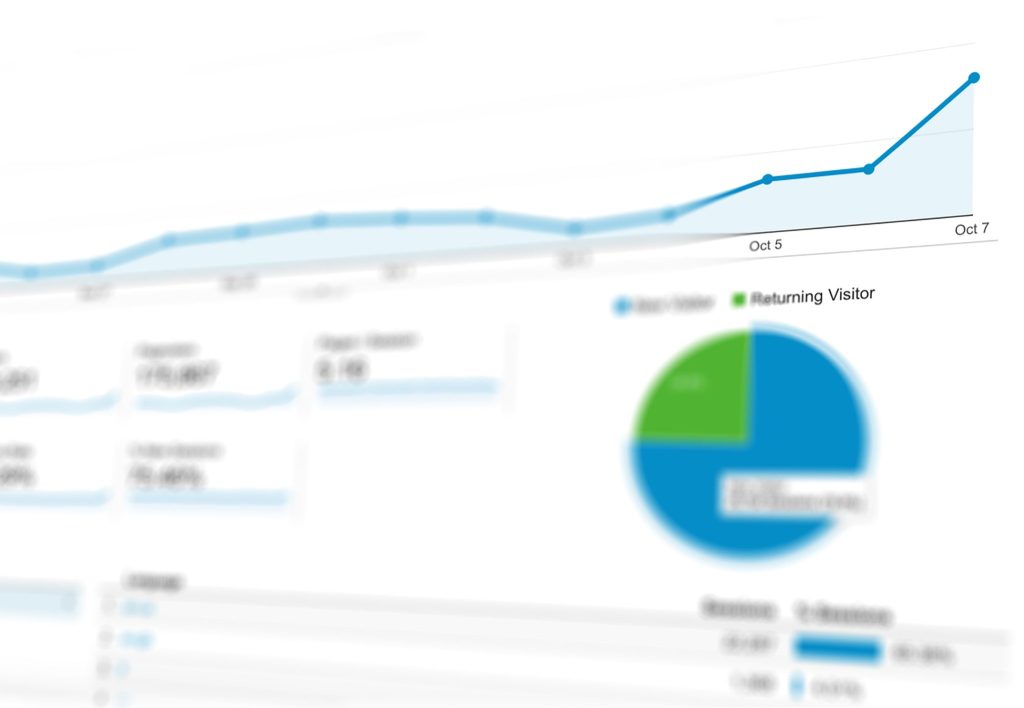I’ve spoken to many companies on this topic over the years, and it is the ones that have gained a clear understanding of how, why and where to collect data on their customers and prospects, that have become highly successful. The general opinion is that no lead-generating marketing campaign can be successful without high quality data. So, I thought I’d share with you what I felt seemed to be a consensus amongst all these data conscious businesses.
Using CRM in your business strategy
All businesses should use a CRM (client relationship management system) to capture key data on their current clients and prospects. The benefits of a CRM transcend business size, sector, age, location and any other variants that you can think of. In simple terms, a CRM allows you to manage all of your company’s relationships, clients, prospects, suppliers and colleagues, all from one place.
The beauty of the age we’re currently in means that most CRMs are now cloud-based; meaning constant updates, cheap and easy sign-ups and of course the ability to access the information securely from anywhere. There are a plethora of cloud based CRMs out there such as www.salesforce.com, http://www.workflowmax.com, <www.sugarcrm.com , www.capsulecrm.com and www.pipedrive.com to name just a few. Here at Yellowball we can’t live without Pipedrive, we use it to organise all of our client data as well as our current and potential deals.
The CRM should allow you to create custom fields so that the system can be tailored specifically for your business, for example if you’re a website design agency you will want to have a field that captures the date your client/prospect’s website was last launched. Essentially the fields should be what you want to run reports on, which should assist your sales, marketing, strategy, activity and ultimately your results.
So why do we need to collect customer data?
As said previously collecting data is vital to any lead generation marketing campaign. In order to identify a qualified lead, you can look at your historic data and understand whether or not they need your product/service at this point in time. For instance, understanding your consumer spending patterns will aid you in marketing to them; if you know that a group of customers have a large exhibition every other year and they tend to reduce their spending leading up to it, you could save yourself time and money by not marketing to them.
In order to make high quality decisions with your clients you need to back up your claims and facts with concrete data. Having learned the hard way, holding a meeting without data will create a lack focus and factual understanding. Physically showing your customer that their consumer’s interests have changed is a lot more engaging than just telling them about it.
All areas of the business will benefit from specific data, therefore it is important to understand what data is relevant to what areas. For example, your sales team will need to have information on purchasing trends and pricing points. Whilst the marketing team will need to know customer interests and behaviour patterns.
Where should we be collecting our customer data?
Surveys are great ways to collect data straight from your potential customers, however it is important to know where the best places are to do so. From my past experience, some of the best places are events, exhibitions and online forms. When using digital data collectors, you will have the ability to link them with your cloud-based CRM, eliminating the tedious task of manually inputting data into long-winded spreadsheets. In our case, the Yellowball website form is linked directly to our CRM; so when an enquiry is made, our CRM will automatically create a contact card and add the enquiry to it.
Incentivised data collectors have become increasingly popular in recent years, especially on social media. There is no doubt that you would have stumbled across a “fill out this form to win an iPad” during time on the internet. Although they may become rather annoying, they are extremely effective methods at gathering data. Everyone loves the opportunity to win a prize, especially if the entry risk is as low as entering a few details.
Saving time with your CRM
Once you have implemented a CRM, you will instantly see that your whole business has become incredibly more organised. No longer will you be sifting through notes and emails to find out what was discussed with that potential client 7 months ago. Your CRM will have everything in one convenient platform, allow you to refer to historic data as freely as you want.
One of the most important features of these CRMs are the auto-generated reports. Setting up these reports will periodically update the key decision makers on whether or not your business is heading in the right direction and where data is being missed out. We run quarterly sales reports for each of our salespeople, which allows us to clearly track their progress against each other.
In short…
Hopefully you will have learnt that CRMs are an integral part of running a successful business. If you do not have one implemented at the moment you are at risk of missing key opportunities, which in turn is harming your profit. As you can see using a CRM is far more than just improving your company’s organisation, it will improve and optimise all areas of your business.
Read: How to Create Lead Capture Pages that Get More Leads and How to Market Your Online Business in 2025
At Yellowball, a multi-award-winning web design agency, we offer our client’s end-to-end digital service, from website design to website management, content development, SEO, and much more. If you’d like to chat, contact us today and see how we’ll run your website, transforming it into a powerful digital brand awareness and sales engine.









